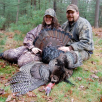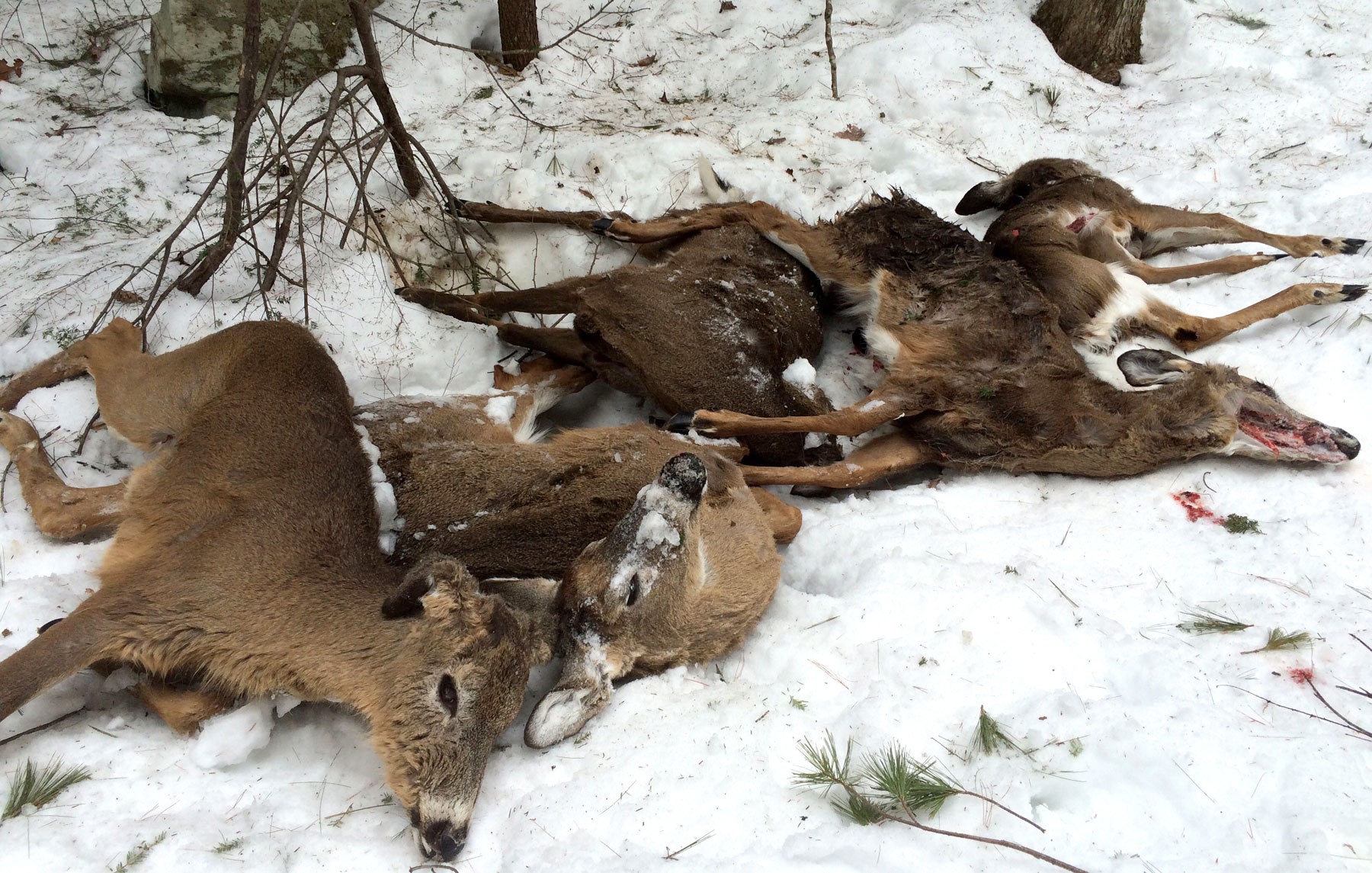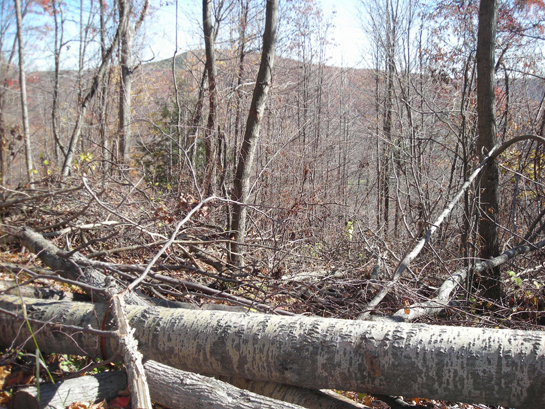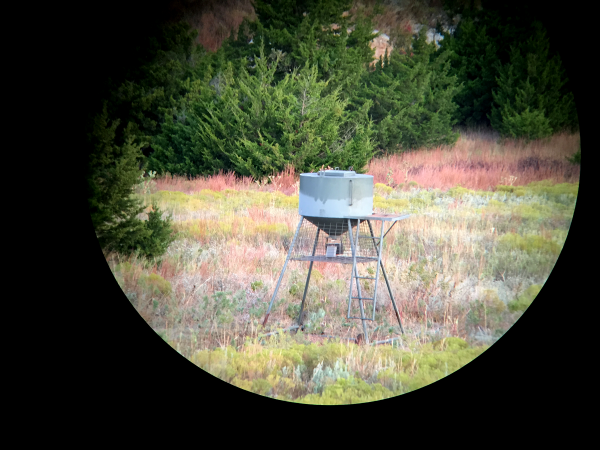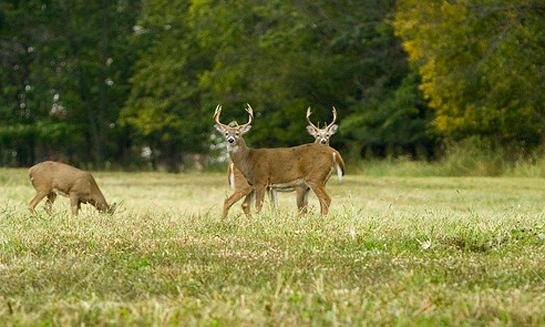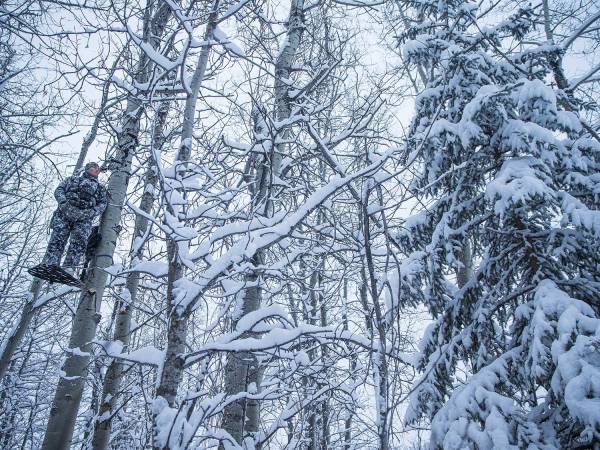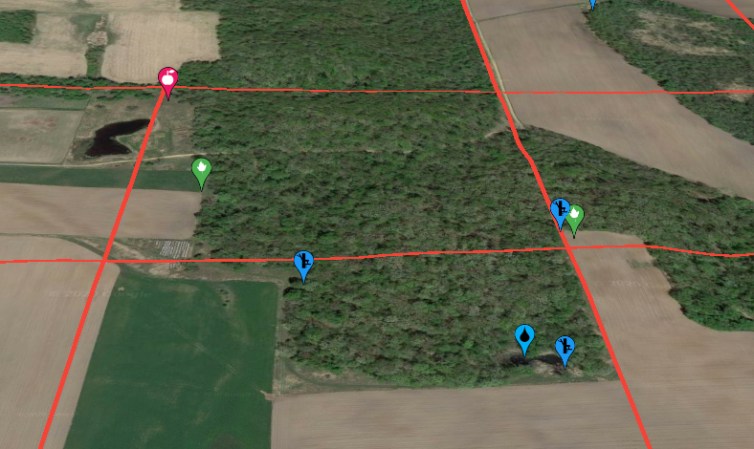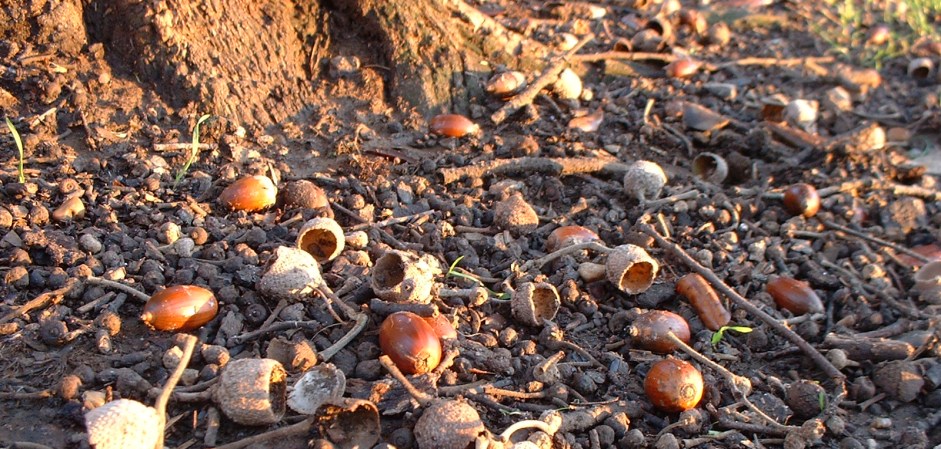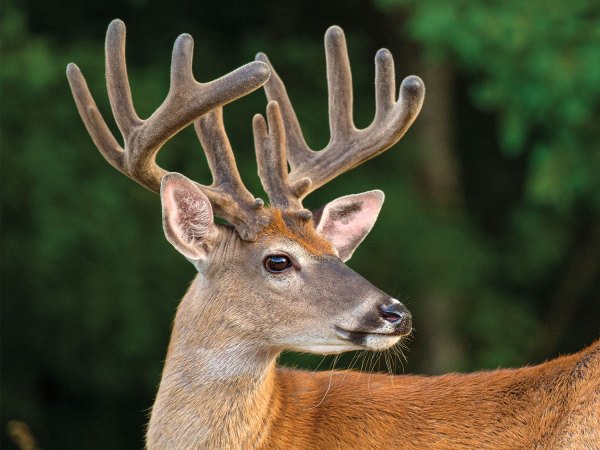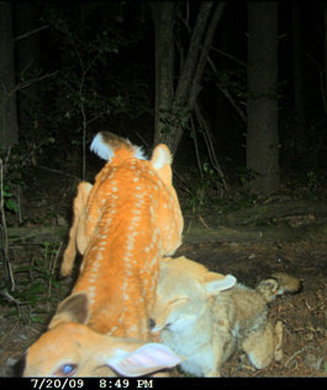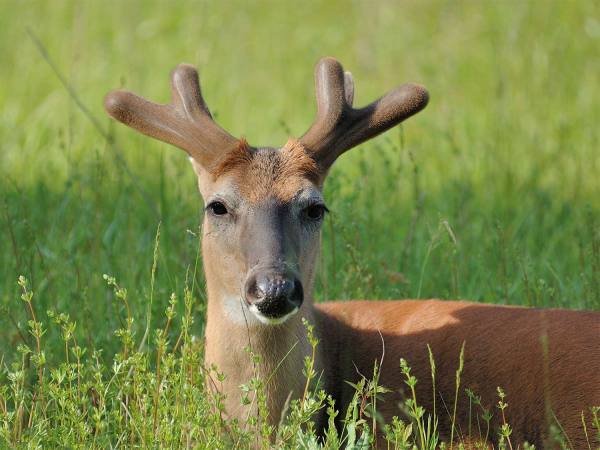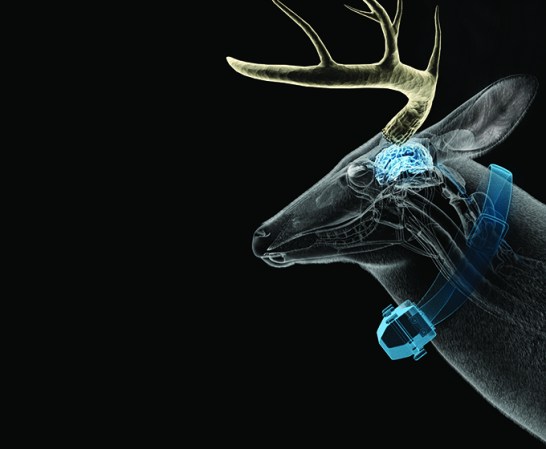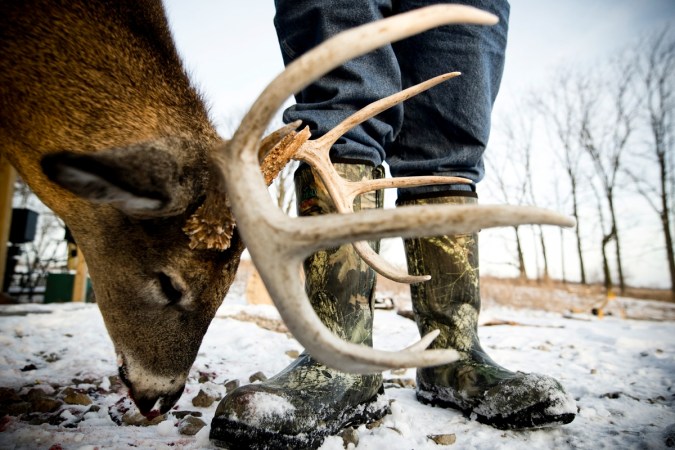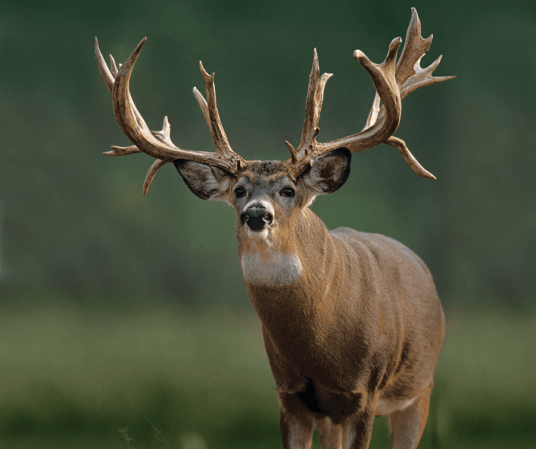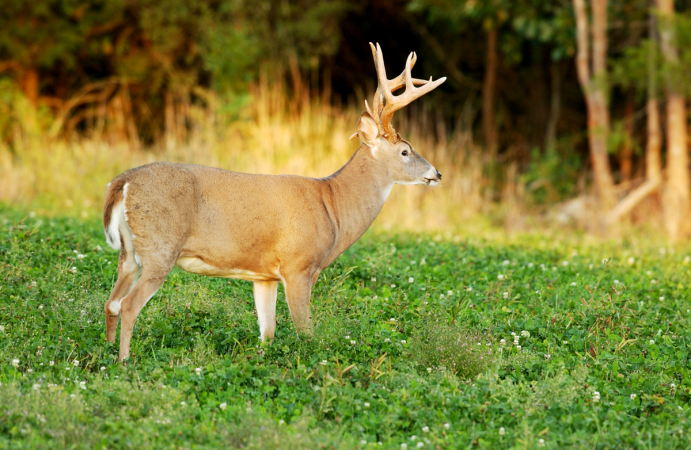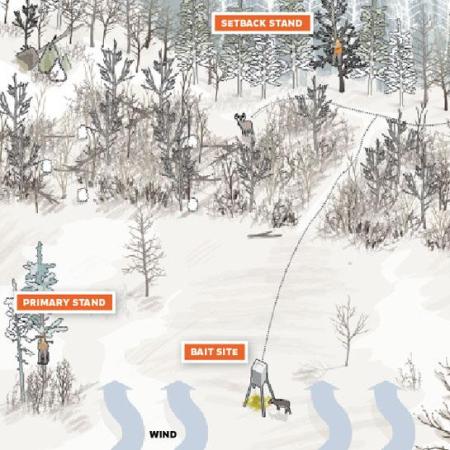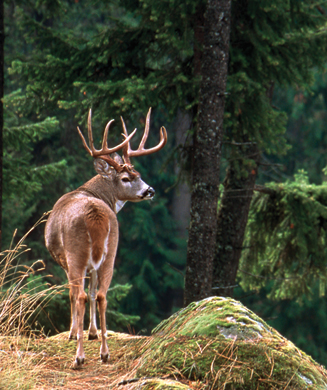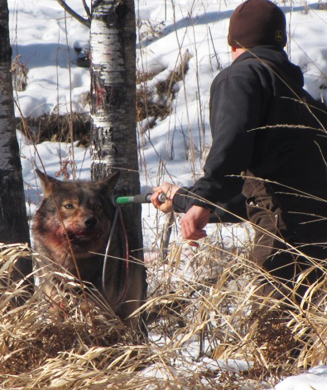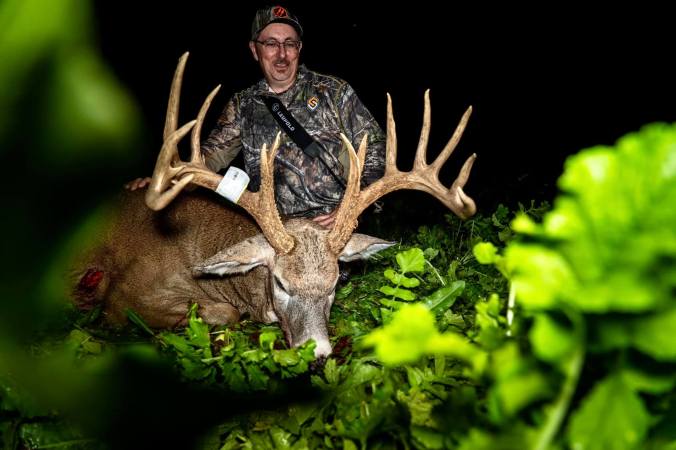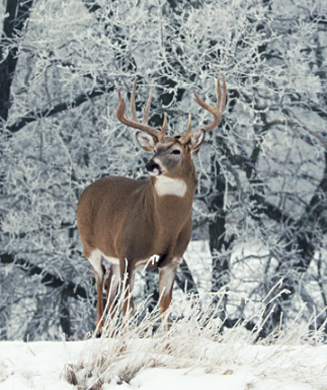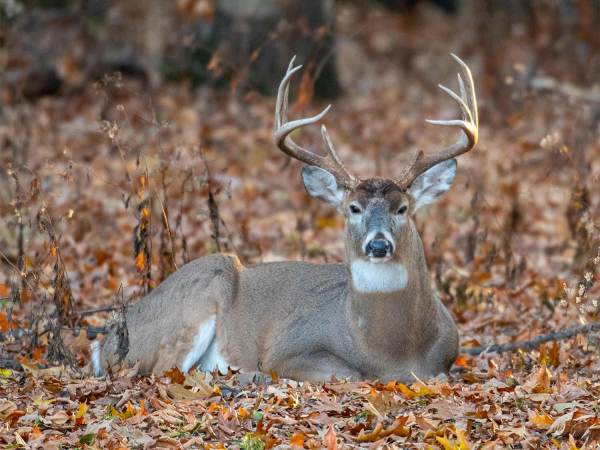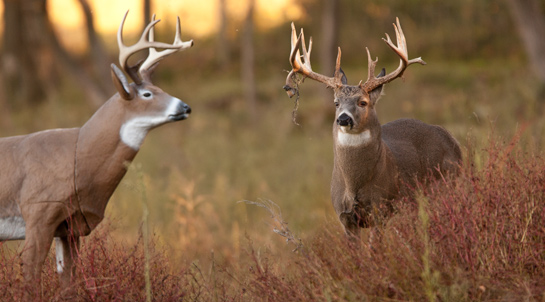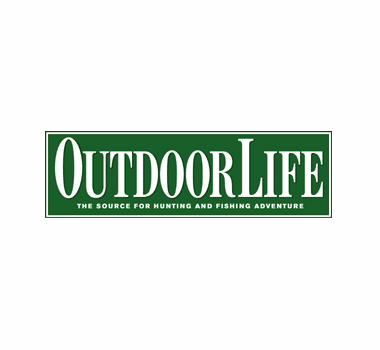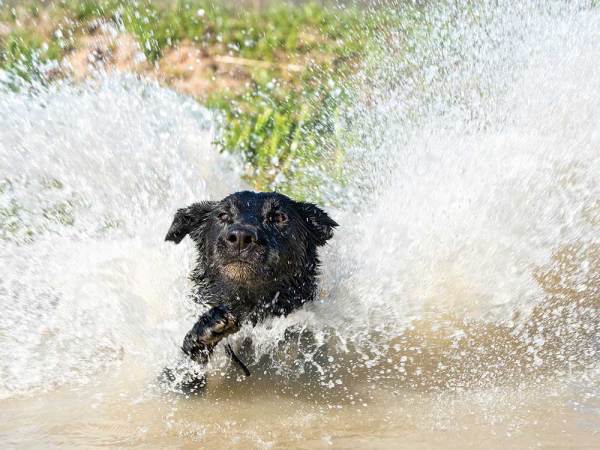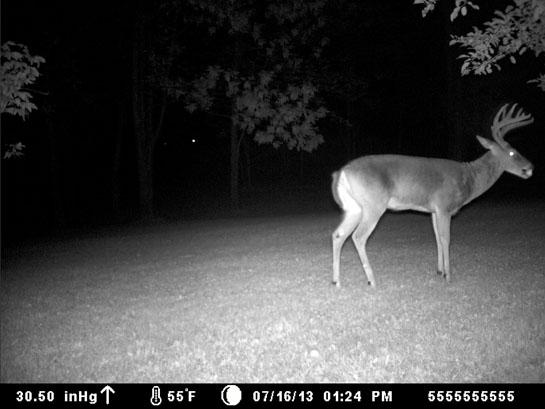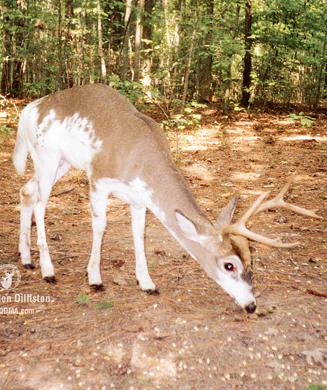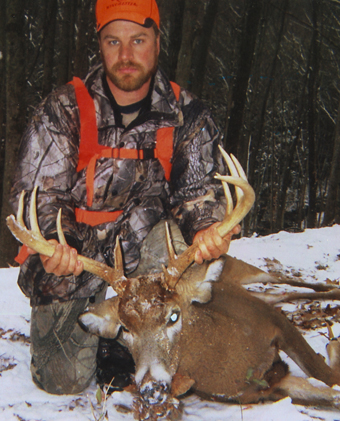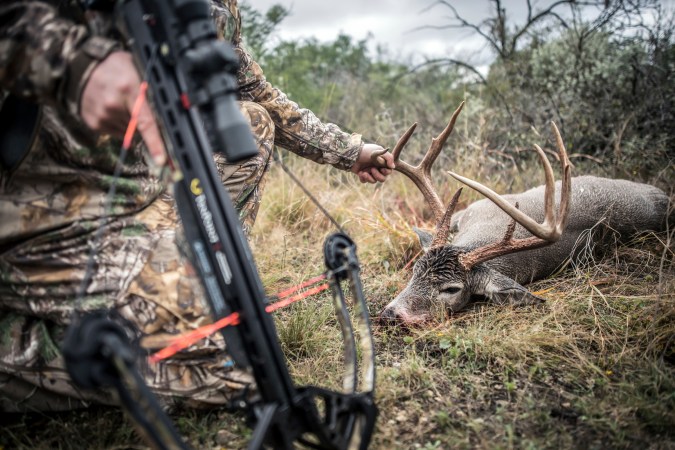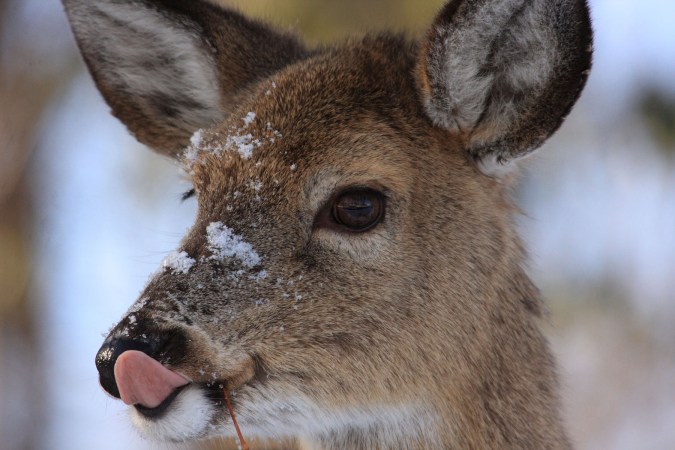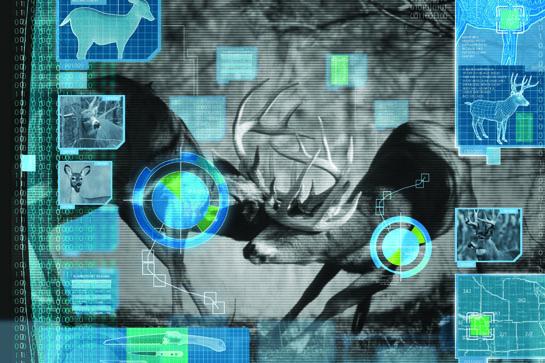Just as the brutal winter of 2015 begins to wind down, here comes this cautionary tale from New Hampshire wildlife biologists.
The New Hampshire Fish and Game Department today reported that twelve deer were discovered dead in South Hampton, N.H., on March 20, most likely the victims of well-intentioned, but tragically fatal, supplemental feeding by local residents.
N.H. Fish and Game biologists and a conservation officer responded to a report of six dead deer in a wooded suburban area in South Hampton. Upon locating the deer, fish and game staff searched the surrounding area and found another six dead deer, bringing the total to 12. Field necropsies on eight of the animals indicated they had died from complications caused by winter feeding. The deer were found within roughly 300 feet of one another, and all exhibited the same symptoms.
Of the eight deer that were necropsied in the field, all were in relatively good physical condition for the time of year, had no obvious signs of trauma or of having been killed by predators, had some form of supplemental food in their stomach, and had evidence of bloody diarrhea, suggesting they all had died from complications due to feeding. Of those deer that were aged and sexed, two were adult bucks (one estimated at 5½ years old), three were adult does, and five were fawns. Two of the adult does were pregnant, one with twins.
Two deer were brought to the University of New Hampshire (UNH) Veterinary Diagnostic Laboratory for further analysis. Following a more detailed examination, the UNH Veterinary Diagnostic Lab concluded that evidence in the two deer examined was consistent with death due to enterotoxemia; a condition caused by a rapid change in diet often associated with winter feeding. Results from microscopic analysis are expected to help to further confirm this diagnosis.
This unfortunate incident highlights one of the many reasons New Hampshire Fish and Game urges the public not to feed deer. Because deer are ruminants, they process food differently than other animals. They depend on microorganisms in their rumen (stomach) to aid in digestion. As a deer’s diet naturally and gradually changes with the seasons, so do the microorganisms required to help digest those foods. This gradual change in microorganisms can take several weeks.
A rapid transition from a high-fiber diet of natural woody browse to human-provided foods high in carbohydrates can cause a rapid change in stomach chemistry and disrupt those microorganisms. This can reduce the deer’s ability to properly digest food and/or release toxins which are absorbed into the deer’s system. In severe cases, this can cause death. Many of the most common supplemental foods people provide deer with in winter are high in carbohydrates and introduced rapidly and in large quantities, which creates a risk to deer. These conditions have been well documented in wild deer fed supplements throughout their range.
An adult doe found dead in Dover this past February is also believed to have died from supplemental feeding. A field necropsy of that deer indicated the likely cause of death was lactic acidosis, another condition related to feeding. That deer was also pregnant with twins.
“Aside from death directly associated with feeding itself, there are several other negative consequences associated with winter feeding of deer,” said Fish and Game Deer Biologist Dan Bergeron. “These can include an increased likelihood of vehicle collisions, over-browsing of local vegetation and ornamental plants, increased risk of predation, and an increased risk of disease transmission, which is why the Department strongly discourages the practice.”
“I used to see this each winter when conducting deer wintering area surveys for IF&W (Maine Department of Inland Fisheries and Wildlife),” says Joe Saltalamachia of Unity, Maine. “Well-meaning people that just don’t understand the complexities of winter feeding. We had one lady feed sunflower seeds because they were cheaper. She killed many deer when the seeds compacted in the stomachs of deer causing blockages. Had one guy start way too late with corn and grain. That caused too much heat to build up in deer rumens and the linings of their stomachs actually burned—the deer then starve. Last year we had a guy feeding correctly, but the deer were crossing the road to get to the food and cars killed 12. If we’d only learn to keep good winter cover instead of cutting it all down.”
Salatalamachia brings up some other points to ponder.
“If a state makes it illegal (or if not) to feed deer during the winter (or anytime) and a landowner or citizen does it anyway, is that person liable for damage caused by overbrowsing of timber? Is that person liable if their feeding causes a deer to cross the road and get hit by a car? If a driver is injured or a car is damaged and the court can prove a deer would not have otherwise crossed that road, can the person who was feeding be sued? Who gets the money for a lost deer? Is it the state? What is the “replacement cost”?”
For more information on the risks associated with feeding deer, check out this winter feeding guide at wildnh.com.
